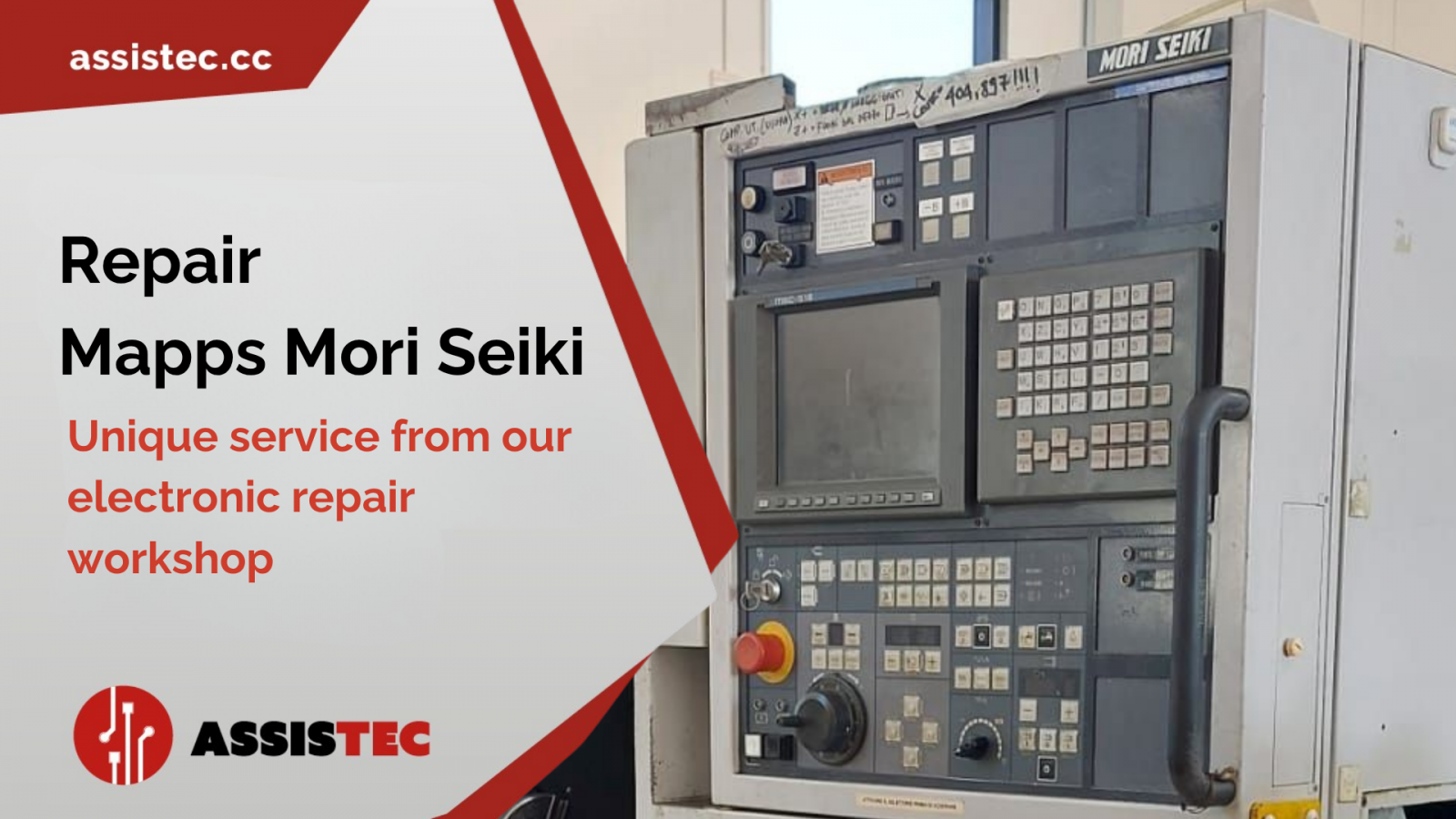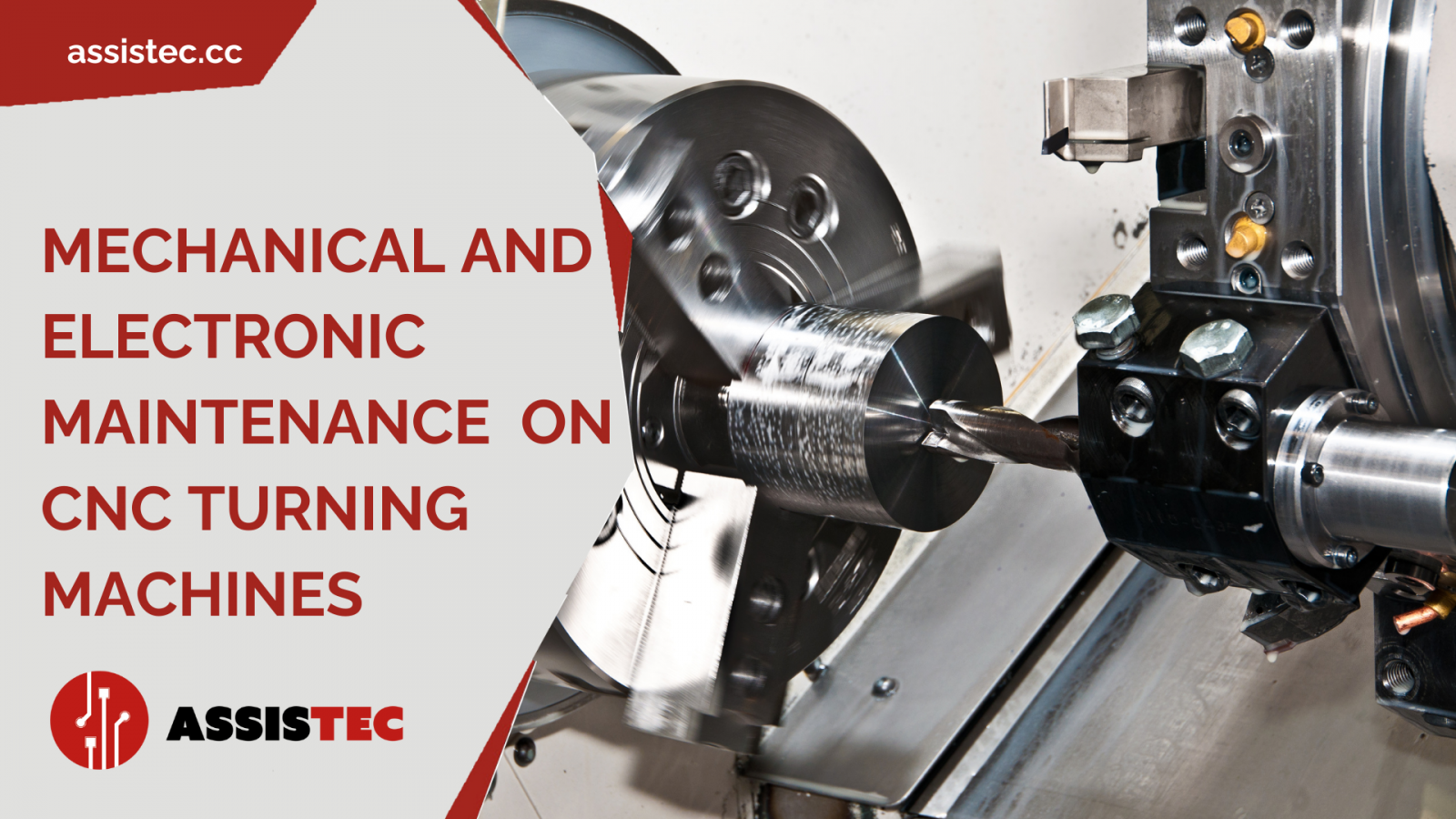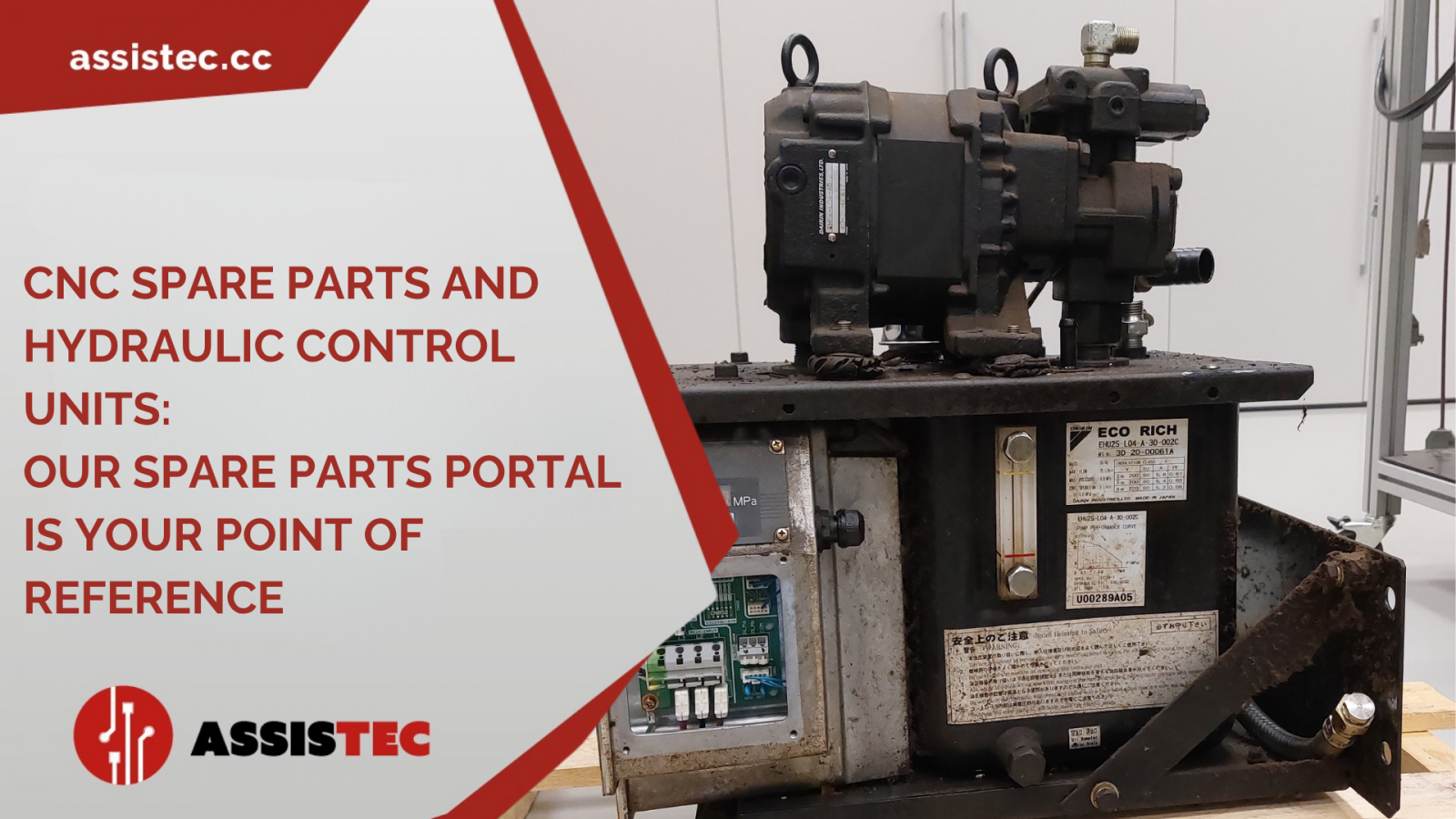Why does annual scheduled maintenance pay off?

Più Increased safety for your machine tools
Numerical control machines play a central role in modern smart factories that have embraced the benefits and challenges of Industry 4.0. Affinché However, they must function optimally in order to consistently perform at their maximum capacity. Otherwise, there is a risk of unforeseen production slowdowns, machine downtime and, in some cases, even severe damages and financial losses. How can we prevent these risks? By scheduling an annual electronic and mechanical check-up. Performing scheduled preventive maintenance on your CNC machines means safeguarding the well-being of your personnel and the entire production chain.
CNC machine check-up: a guarantee of savings
Resolving any malfunctions that may arise from prolonged use of a machine tool before they become major problems is not just a smart move but also a guarantee of savings. In fact, taking care of your CNC machines automatically benefits your company's bottom line. Regular check-ups result in minimising machine tool repair costs and times, while also alleviating frustrations and concerns.
The service you need, when you need it
Due to the wide range of multi-brand CNC machine tools available today, each with its own set of tools and capabilities, it is becoming increasingly important to rely on an expert partner to plan your periodic maintenance. With over 20 years of experience, Assistec provides mechanical and electronic support, including scheduled maintenance, for CNC machines, offering a comprehensive service tailored to your needs. From the overhaul of spindles and electro-spindles to the retrofitting of lathes and machining centres, up to the grinding of spindle cone directly on the machine, and much more!
For more information about our scheduled maintenance service for machine tools, contact us or call us on +39 0522 989436.
Recent Posts

-
MAPPS Mori Seiki: cutting-edge technology at the service of CNC programming
In the world of CNC machining, Mori Seiki has always been synonymous with precision, efficiency and innovation. Among the systems that have contributed most to building this reputation, MAPPS (Machine Advanced Programming Production System) occupies a place of absolute importance. This hardware, integrated into Mori Seiki machines (updated in CELOS), allows for intelligent management of every stage of production, from programming to simulation. Today, thanks to the many years of experience of the Assistec laboratory, it is possible to repair MAPPS Mori Seiki, with the certainty of turning to a team of qualified, up-to-date and responsive professionals.
-
CNC lathes are the beating heart of many mechanical workshops and manufacturing companies. However, their ability to guarantee precision, production continuity and impeccable finishes depends on a factor that is often underestimated: maintenance. Regular mechanical and electronic maintenance is not only a technical requirement, but also a business strategy that reduces machine downtime, preserves product quality and extends the life of the equipment. This guide explores all the operations necessary for comprehensive maintenance, with practical advice and guidance on when it is essential to rely on specialised professionals.
-
The efficient management of CNC machine tools cannot be separated from a reliable, timely and well-organised spare parts system. This is where the Assistec Spare Parts Portal comes into play, designed to provide concrete support to workshops, maintenance technicians, technical managers and industrial buyers.
Thanks to direct integration with the automated warehouse, the portal allows you to identify and order new and remanufactured components in just a few clicks, with real availability and fast shipping.
Among the most requested spare parts today are hydraulic control units, which are essential for ensuring the operational continuity of CNC systems

.jpg)


